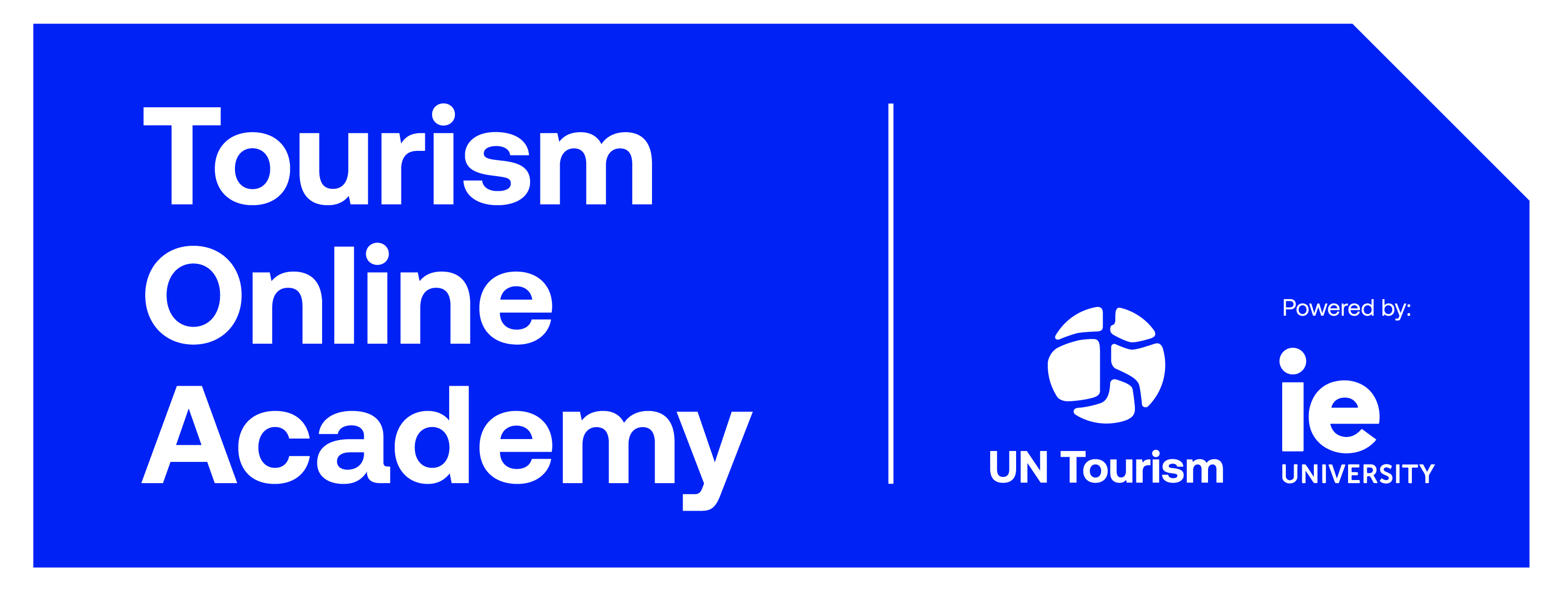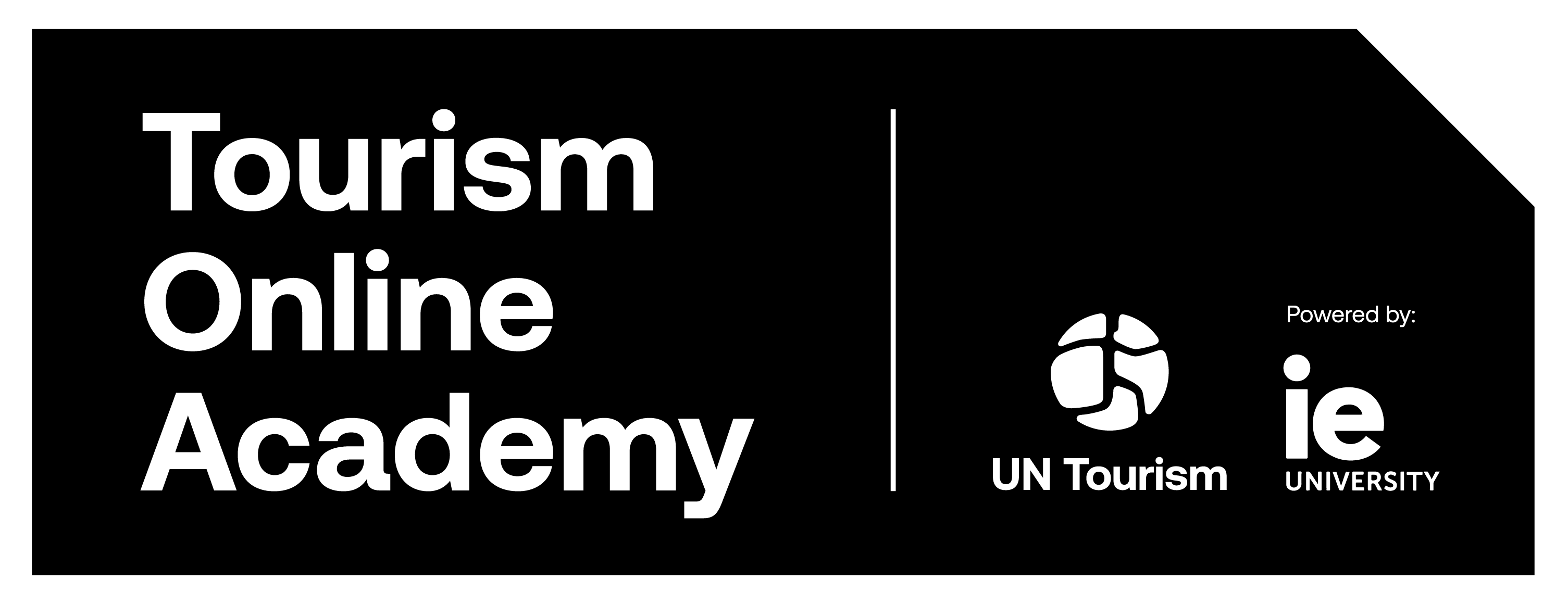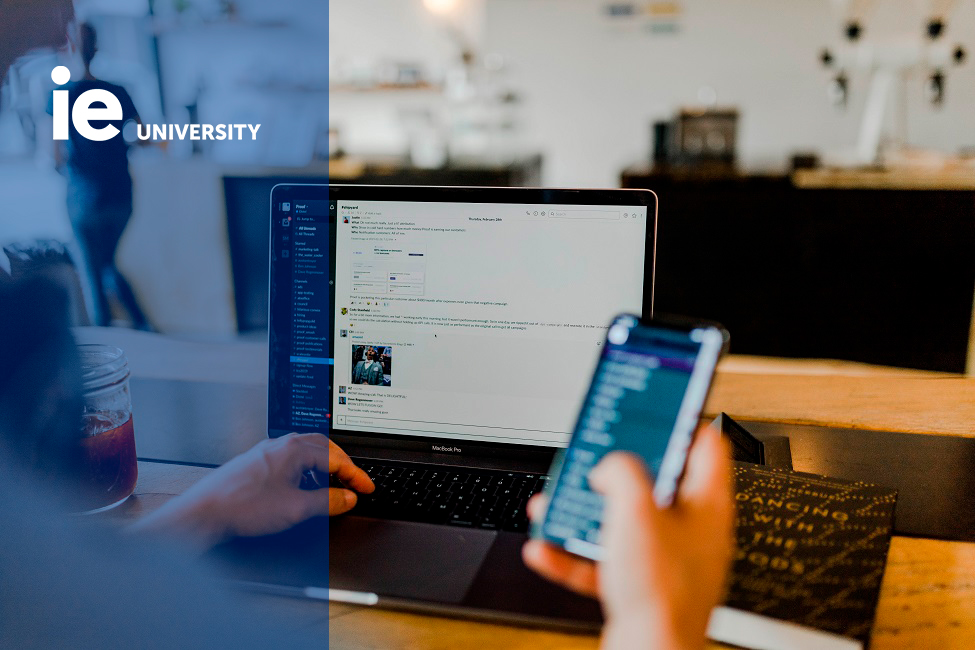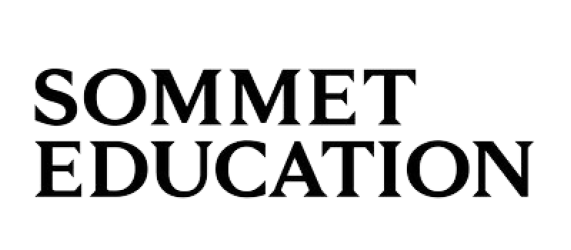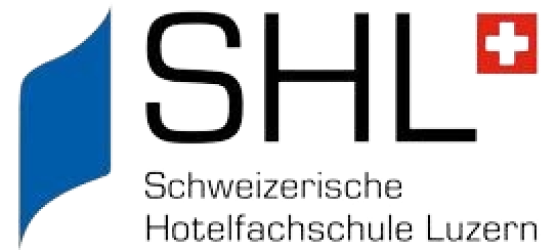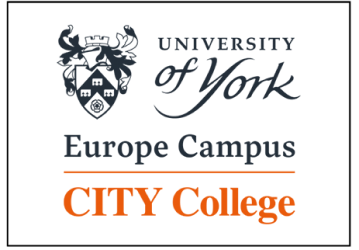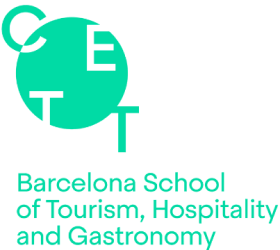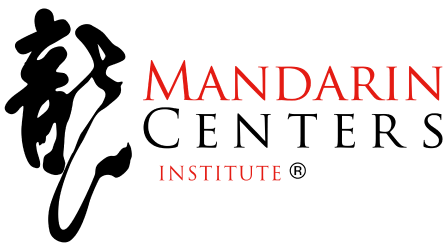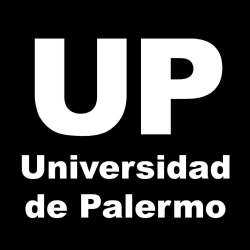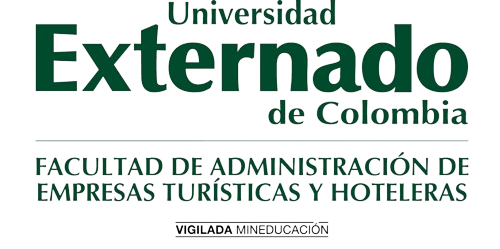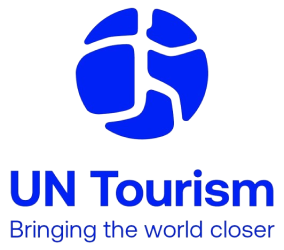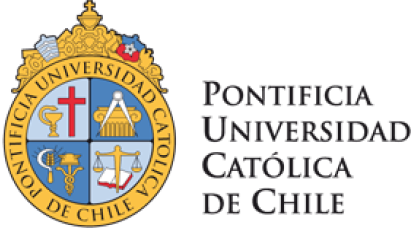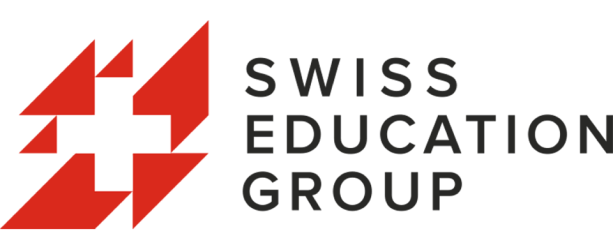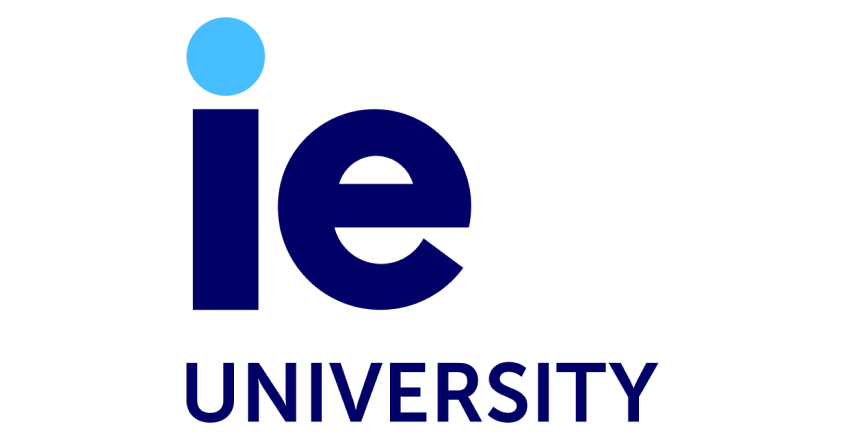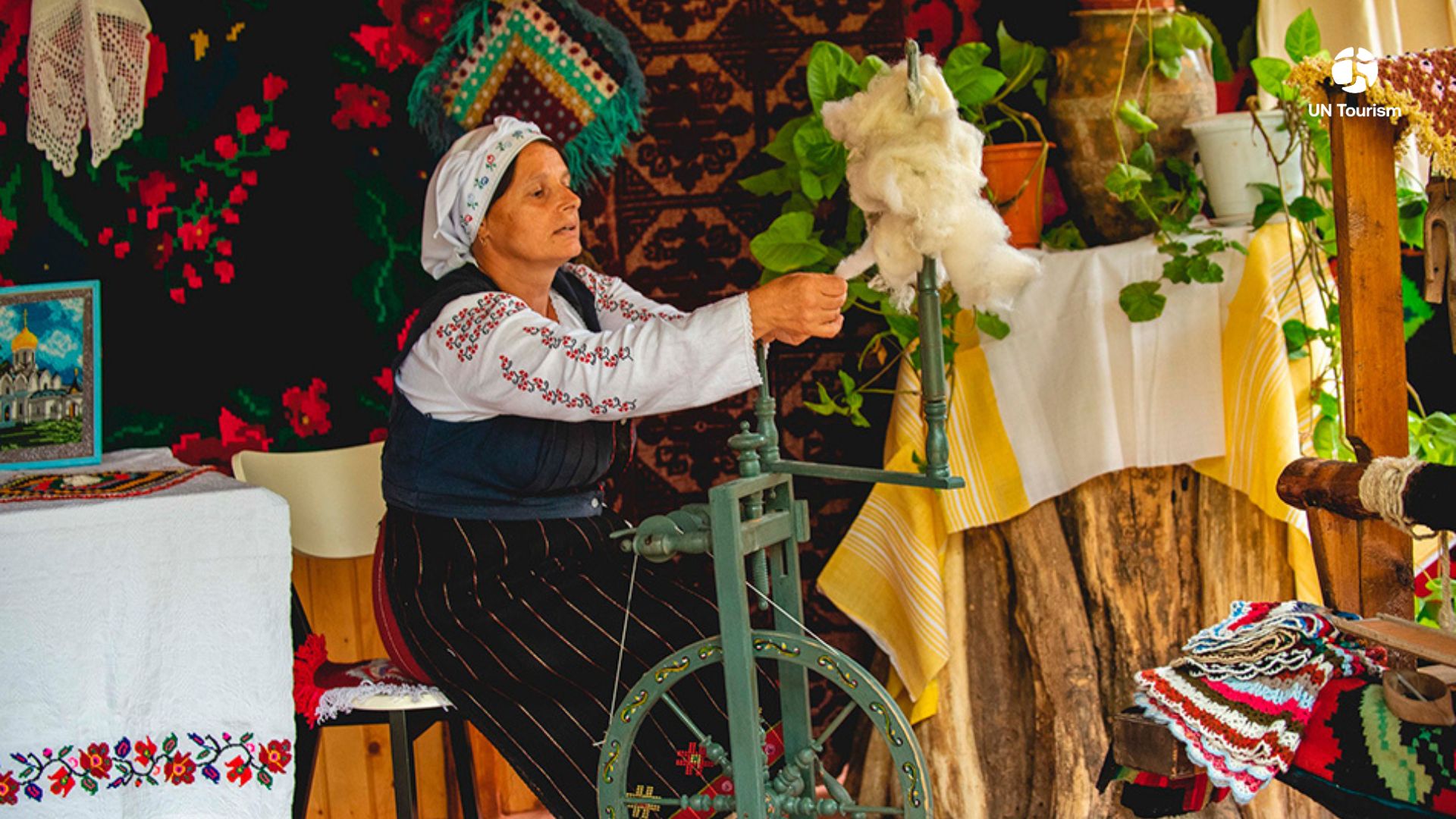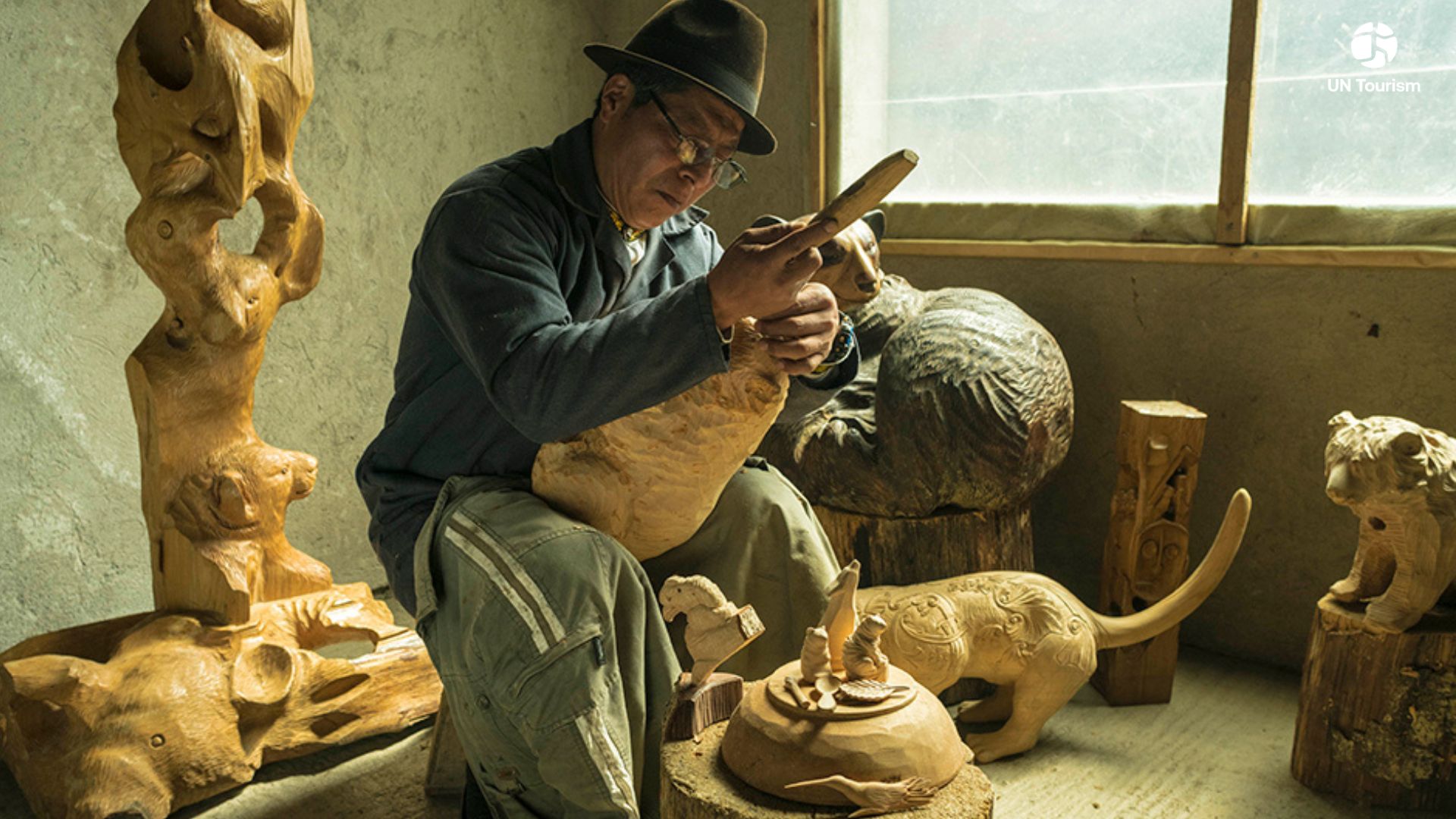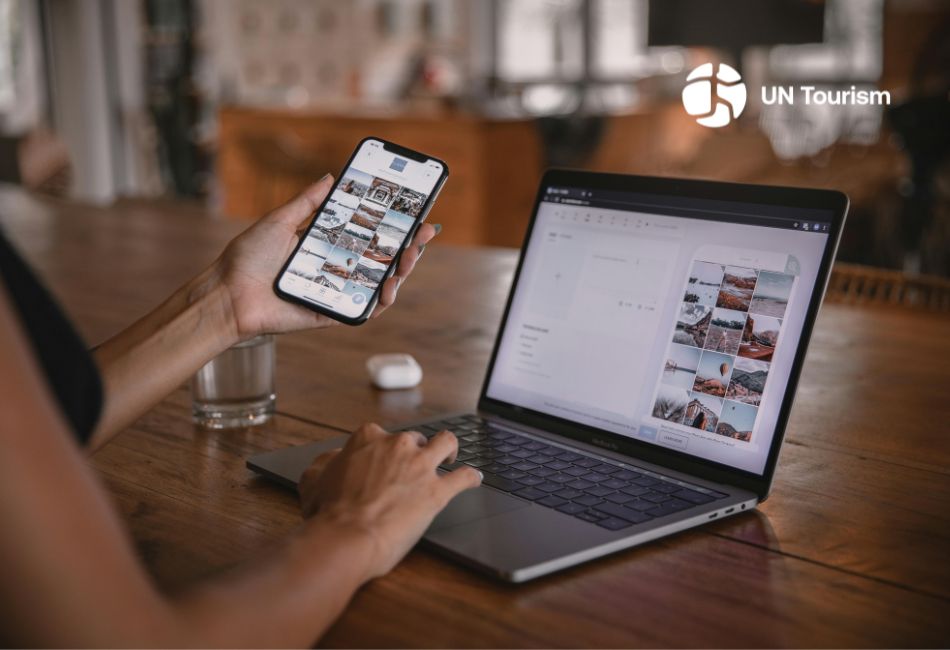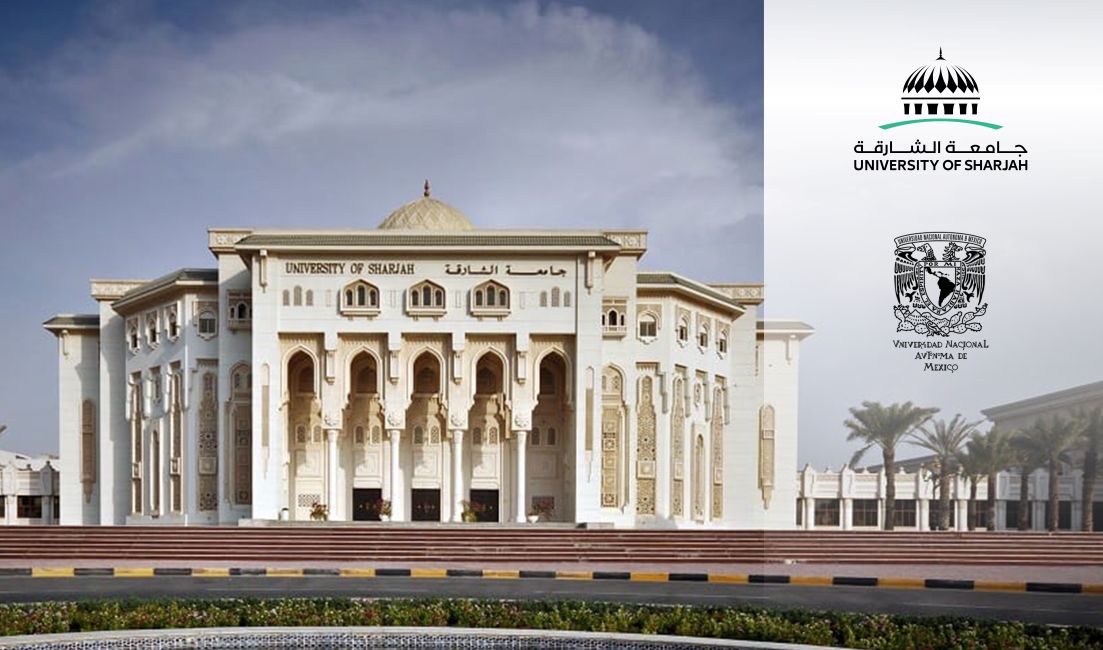
Carlos Díez de la Lastra
Managing Director Les Roches Marbella
Considered one of the 150 most influential tourism professionals in Spain1, Carlos Díez de la Lastra contributes with his experience to different groups of experts, including the Committee of experts created by Turismo Costa del Sol to face the global crisis caused by the coronavirus epidemic , or the UNWTO Online Tourism Education Committee.
Carlos Díez de la Lastra Buigues was appointed Managing Director of Les Roches Marbella in January 2014. Since taking office he has focused on consolidating the leadership of the University in Spain in the training hotel managers and executives for the global hospitality industry and related luxury sectors and drive its continued expansion to international scale as part of the Sommet Education group based in Switzerland.
He has developed a long professional career in the higher education sector, including among his most recent positions the Vice Presidency of Expansion of the European University and the General Director of the European University of the Canary Islands, as well as different management positions in Spanish and international universities.
He has taught at the Centre for Economic and Commercial Studies (CECO) and at the Institute for Insurance Mediation and Finance (IMAF) and has lectured at various national and international institutions. He also formed part of the team involved in the proposed introduction of the single European currency collaborating with the Spanish State Society for the Transition to the Euro and the National Consumer Institute.
Carlos Diez de la Lastra graduated in Economics and Business at the University Complutense of Madrid and holds a Master in Business Administration‐ MBA from IEDE. He is currently working on his PhD in Education.
Did you like this article and are interested in learning more about the fundamentals of tourism? Then we invite you to enroll today in the Introduction to Tourism- Industry management MOOC!
Visit the course
What does the new era of hospitality and tourism education look like?
Hospitality education has always evolved very fast. Nevertheless, the Covid-19 crisis only accelerated the shift towards digitalization. Many educational institutions had to switch from traditional learning methods to online in a matter of a few days or weeks. At Les Roches, as part of a joint project with Sommet Education and the other schools of the network, for example, classes went online in just one week, responding to the demands of the pandemic as well as the decisions of local authorities in a flexible and agile manner.
According to recent research by HolonIQ, the total global expenditure on education technology is set to almost double in the space of just five years: from $227B spent in 2020 to a forecast of $404B by 2025.
Today, therefore, there is a real opportunity for the hospitality industry and the education sector to embrace the digitalization age and use it effectively in combination with the traditional approach to education.
Is offline education in hospitality education still relevant?
Offline education cannot be disregarded.
Hospitality education is traditionally considered to be a face-to-face education environment. There is no question that when students learn the fundamentals of hospitality such as customer service, attitude, and leadership of teams, as well as practical skills such as culinary arts, wine and spirits, and the operational basics they gain from being on campus.
Offline education is also important to build the necessary environment that consolidates critical values in our industry such as humility, discipline, and multiculturalism. These values allow students to feel part of the institution’s community, to connect, join clubs and committees, and gain valuable soft skills through interaction with others. It is a unique lifetime experience.
Hospitality is all about the customer’s experience. This can – and should – be enhanced by digitalization.
Similarly, the discussions taking place in higher education institutions today should revolve around ways of providing students with a variety of learning models online, off-line, and blended as well as enhancing the on-campus learning experience with digital tools.
How can an institution combine digital and offline learning?
The answer is by offering innovative and flexible programs and through fully embracing new digital education opportunities. Educational institutions that want to thrive have no other option.
Our vision as a higher education institution is to find the best way of increasing the value of an industry that needs leaders who are capable of combining excellence in the service of people for people, with the ability to know how to take advantage of the digital and virtual world that enrich it.
As an example, in July 2020 as a part of Sommet Education, we created a unique “phygital” learning solution called “Les Roches Connect and “Glion Connect”. This Bachelor program offered 10 weeks of remote teaching followed by 10 weeks on campus, allowing new international students to access the first semester of their Global Hospitality Management degree at Les Roches and Bachelor’s in International Hospitality Business at Glion remotely.
This innovative combination of offline and digital teaching was offered as an option for the master’s degree programs also. This way, graduate students have the possibility to pursue 100% of their degree on campus, 100% remotely, or they can also choose to study remotely until they feel ready, or they are able to join the campus.
If hotel and tourism education institutions must set an example in something, it is to have the ability to adapt at all times to the new needs of our customers. And for this, the first thing is to recognize that the way forward means adopting digitalization and successfully combining digital and traditional study approaches. With this, we ensure that we train with the best tools and techniques of both worlds to build leaders who know how to lead in both worlds.
